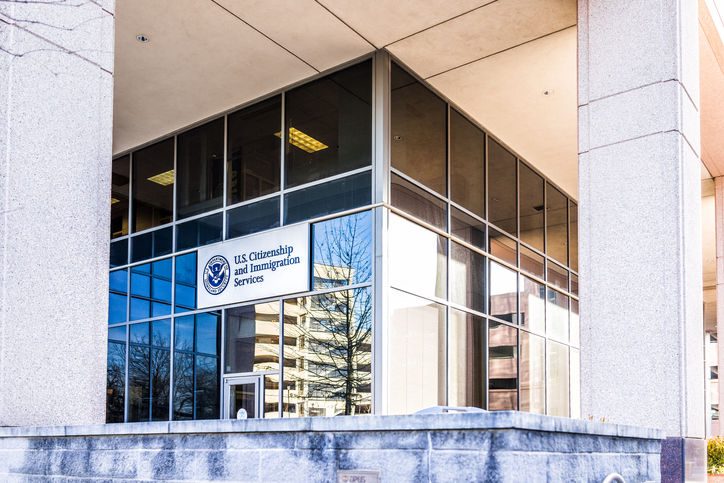Many people coming to the United States seeking permanent residency can become easily confused by the U.S. Citizenship and Immigration Services (USCIS) process. While it can be complicated and lengthy, it’s not impossible to assure yourself that you’re following the appropriate protocols and providing the right information to the department. If a deadline is missed or a vital document is misplaced, it can have detrimental effects to your residency status. It’s always important to stay on top of deadlines, updates, and revisions to the process as well. In this article, we discuss what it means to be a conditional resident, what Form I-751 is, and the recent revisions that have gone into effect on this form.
What is Form I-751?
If you’re researching what Form I-751 is and how to fill it out properly, you probably already know that this is referred to as the Petition to Remove Conditions of Residence form. Basically, this form is used by those who have been labeled U.S. conditional residents. A conditional resident is an individual who has been granted a two-year residency through their marriage or one of their parent’s marriages to a United States citizen.
If you’re nearing the end of those two years, you must fill out Form I-751 in order to ask U.S. Citizenship and Immigration Services (USCIS) for permission to make you a permanent resident with a green card and remove the conditional status to your name. This should all be completed within the 90 days of when your conditional residency status two-year timeframe is up. Remember that the I-751 form will take a lot of time to complete and you will need to submit the form with important documents.
What Documents Will I Need to Submit with Form I-751?
It’s highly recommended to contact an experienced immigration lawyer to help you with Form I-751. The form is difficult to fill out and if there’s a language barrier, it can be even more complex. However, you can assist your lawyer by collecting the documents you need to submit with Form I-751. You’re required to bring the following documents to U.S. Citizenship and Immigration Services (USCIS) along with your completed Form I-751:
- Proof of a good faith marriage. In order to prove that your marriage was not fraudulent, be sure to attach any kind of documents that support your partnership. For instance, documents showing shared debt, property, birth certificates of your children, tax returns, or checking/saving accounts with both of your names on it. You can also bring two affidavits from people in your life that can attest to your marriage and assure the government that it is indeed real.
- Front and back copy of your Alien Registration Card/Green Card.
- Any documents indicating a legal name change.
- If a criminal or drug charge is on your record, bring documents that can fully explain the charge and how it was resolved. Certifications of completion of treatment programs, verification of community service, or receipts of paid fines should be included with your forms.
USCIS Revisions to Interview Waiver for Form I-751
A policy memorandum has been issued by the U.S. Citizenship and Immigration Services (USCIS) to Form I-751. This policy memorandum (PM) has to do with the interview process that normally accompanies Form I-751. After December 10, 2018, the immigration officer may consider waiving the interview if a number of factors are addressed:
- The U.S. Citizenship and Immigration Services (USCIS) office is able to make a decision based off of the sufficient evidence of the good faith marriage. Basically, if your marriage appears to be legitimate, they may consider waiving the interview portion.
- Form I-751 has been submitted and received on or after December 10, 2018.
- There’s no indication of misrepresentation or fraud in any of the supporting documents you submitted with Form I-751.
- Nothing is left unchecked. There’s no missing documents, lingering questions, or issues to resolve. The department feels as though they have everything from you that they need.
If you and your immigration lawyer feel that all of the above applies to you, then you can seek to waive the interview with a U.S. Citizenship and Immigration Services (USCIS) officer. If there are documents missing or complex facts that need to be addressed, your interview will not be waived.
For More Information on Form I-751
It’s important to emphasize once again that you should never attempt to fill out Form I-751 or handle your residency status alone. An experienced immigration lawyer should be by your side throughout the entire procedure. In today’s political climate, it can be easier than you think for U.S. Citizenship and Immigration Services (USCIS) representative to deny your green card or permanent U.S. residency. Call a trusted immigration lawyer today so they can assist you and your family during this time.

 Supporting the Fight
Supporting the Fight